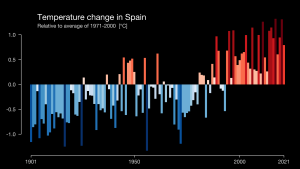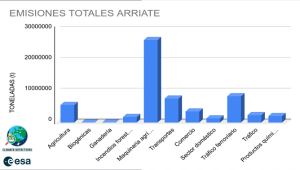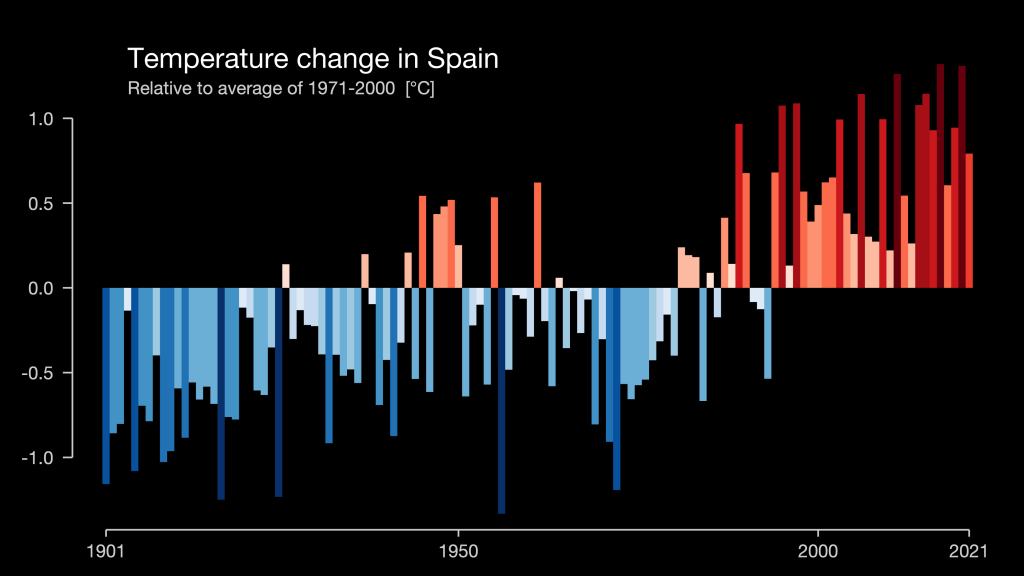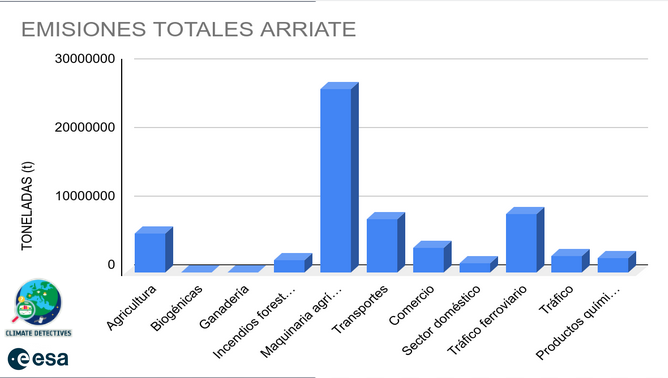Project title: 6ª generacción
Team: Flor de Andalucía
IES Escultor Marín Higuero Arriate Spain 11 Student’s age: 14-15 years old
Is Climate Change related to the increase of frequency and virulence of forest fires in Andalusia?

After the first sixth generation fire declared in natural space of Sierra Bermeja in Málaga, the objective of our investigation will be to compile the environmental data of the last few years, matching with our daily activities and proposing a combination of solutions beginning of the local field, and involving all the social groups, in order to confront one of the biggest problems we have right now, Climate Change and its consequences.

In Spain, the average temperature has increased by 1.2ºC since 1901, following an upward trend with significant thermal anomalies.
The average rainfall in Andalusia in the last 20 years follows natural oscillations in cycles, but with a downward trend. The same happens with dammed waters.
The loss of forest masses linked to fires has followed a growth progression in recent years, which results in a greater emission of greenhouse gases and therefore in a positive feedback between global warming and forest fires.
Equivalent CO2 emissions have been increasing progressively since the year 2000.
The analysis of sediments collected in Sierra Bermeja after the latest rains show worrying data of up to 20 tons of soil lost per hectare in high severity areas, compared to the 6-8 tons expected by comparison with other fires in the region.
The CO2 footprint study in our region reflects an important weight linked to agriculture and transportation, therefore our environmental awareness campaign will focus on the most relevant sectors and consumption models according to age groups.

we are currently planning an environmental education campaign aimed at the main CO2 emitting sectors in the area (agriculture and transport) as well as a communication campaign focused on consumption models by age groups.
Projects are created by the teams and they take the full responsibility of the shared data.
← All projects




